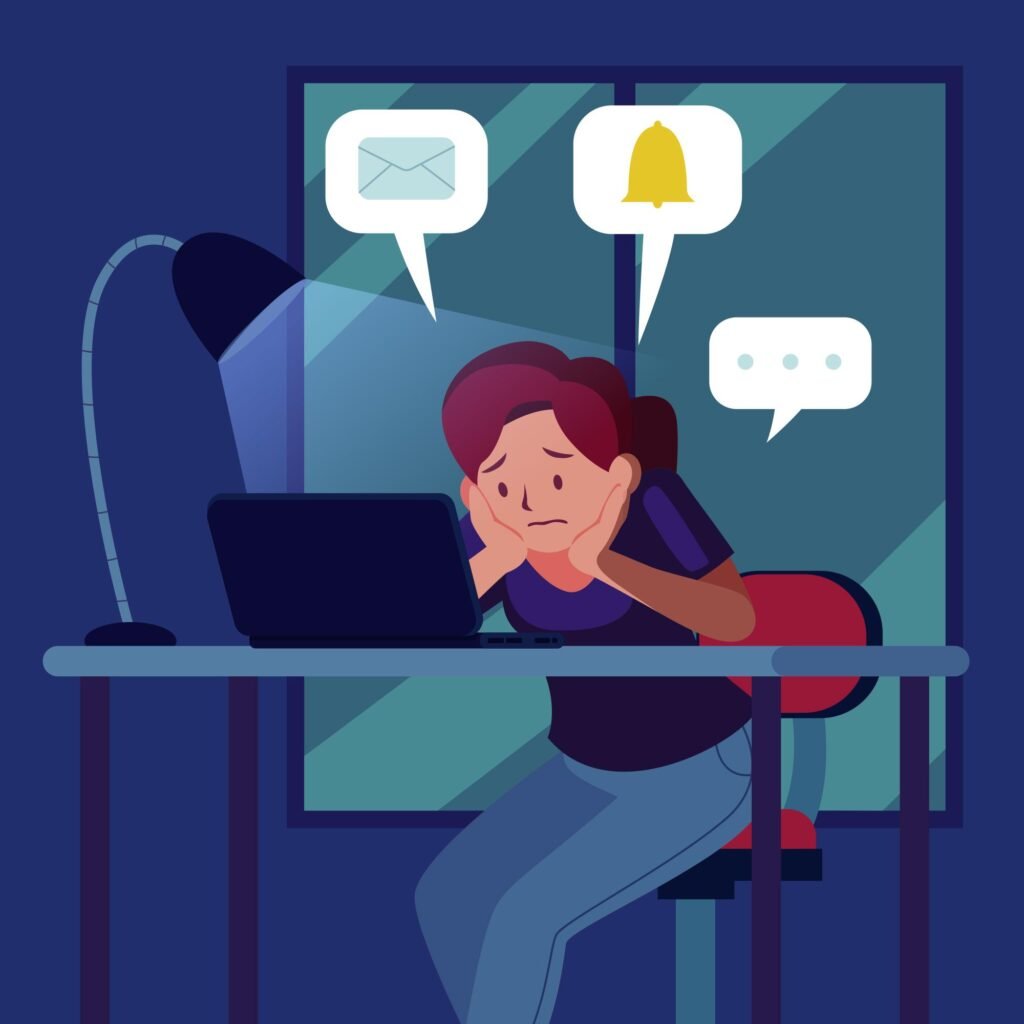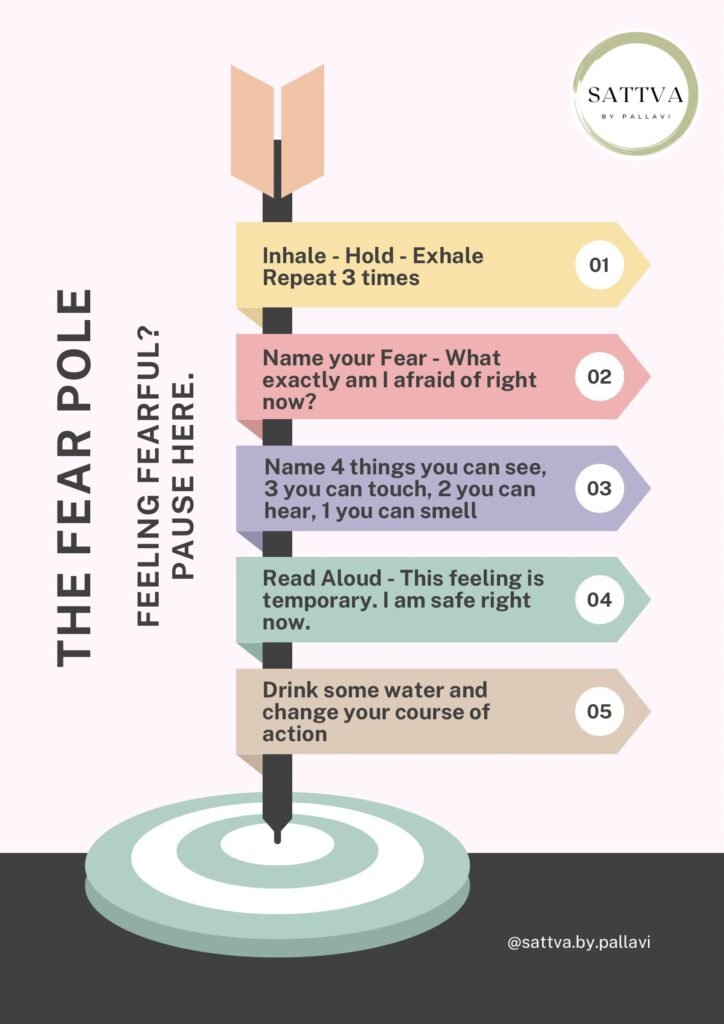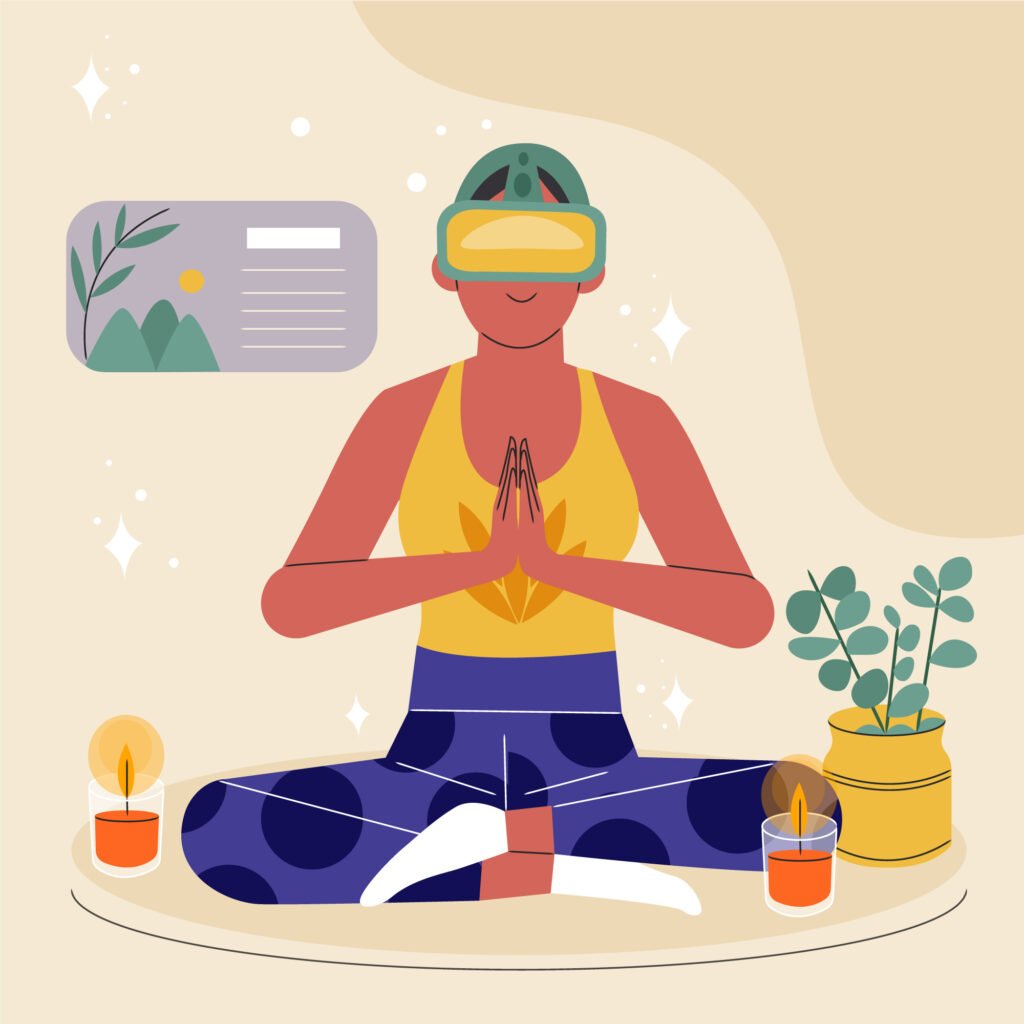We all feel it. It’s one of the most basic human emotions, hardwired into us to keep us safe. But sometimes, it can take over, holding us back from living fully. So how do we understand Fear better and more importantly, how do we manage it when it starts to control us? What Is Fear, …
We all feel it. It’s one of the most basic human emotions, hardwired into us to keep us safe. But sometimes, it can take over, holding us back from living fully. So how do we understand Fear better and more importantly, how do we manage it when it starts to control us?
What Is Fear, Really?
Fear is your body’s natural reaction to perceived danger or threat. It might show up as a racing heartbeat, sweating, tension in your muscles, or that heavy feeling in your chest. Emotionally, it can feel like panic, dread, or unease.
But here’s the twist: It isn’t always about real danger. Often, it’s our mind interpreting something as risky, even if it’s not. You might feel fear before:

- Giving a public speech
- Starting a new job or relationship
- Walking into a room full of strangers
- Making a mistake in front of someone
- Or simply being reminded of a painful memory
Sometimes, fear is loud. Other times, it quietly shapes our decisions without us even realizing it.
Where Does Fear Come From?
Fear doesn’t just appear out of nowhere. It’s usually tied to:
- Past experiences or trauma: If something hurt us before, our mind tries to protect us from going through it again.
- Negative thought patterns: Overthinking, worst-case scenarios, or self-doubt can amplify fear.
- External triggers: News, social media, stories, or even the fears of people around us can influence our own.
- Stress and burnout: When our body is already overwhelmed, it becomes louder.
And sometimes, it just shows up — without a clear reason. And that’s okay, too.
When Fear Becomes a Problem
Fear is meant to keep us safe. But when it sticks around too long, shows up too often, or starts interfering with daily life, it’s time to take notice.
Unmanaged fear can lead to:
- Avoiding things that matter (conversations, growth, relationships)
- Constant worry or restlessness
- Trouble sleeping or eating
- Low confidence or feeling “stuck”
- Emotional burnout or chronic stress
If your world starts shrinking because of fear, it’s a sign to pause and check in with yourself.
“Everything you’ve ever wanted is on the other side of fear.”
— George Addair
So… How Can You Manage It?
Here are a few ways to slowly take your power back:
🔹 Breathe. Deep, slow breathing helps calm your body and signals that you’re safe.
🔹 Write it down. Journaling helps you name your fear. And once you name it, it becomes less scary.
🔹 Talk to someone. A friend, a mentor, or a therapist can give you new ways to see the situation.
🔹 Face it – slowly. Avoiding it makes it stronger. Try taking small steps. Little wins build confidence.
🔹 Practice mindfulness. Staying in the present helps you stop spiraling into “what-ifs” and “maybes.”
Managing it isn’t about being fearless. It’s about learning to move forward even when it is present.
When to Get Help
If your fear feels too big, too constant, or starts affecting your work, relationships, or health, talking to a therapist can really help. Therapy offers a safe space to explore where your fear comes from and gives you the tools to feel more in control again.
You don’t need to go through it alone.
You can download the following poster, print it out and hang it put it up on your favourite wall, come back here whenever you feel fearful.

Final Thoughts
It is a natural part of being human. It’s nothing to be ashamed of. The goal isn’t to eliminate fear, but to build the strength to walk alongside it — and still choose what matters to you.
If fear has been holding you back lately, know that you’re not alone. And that support, tools, and healing are always within reach.
Credits: Therapist Meera







